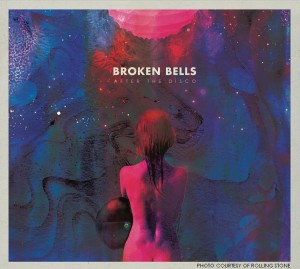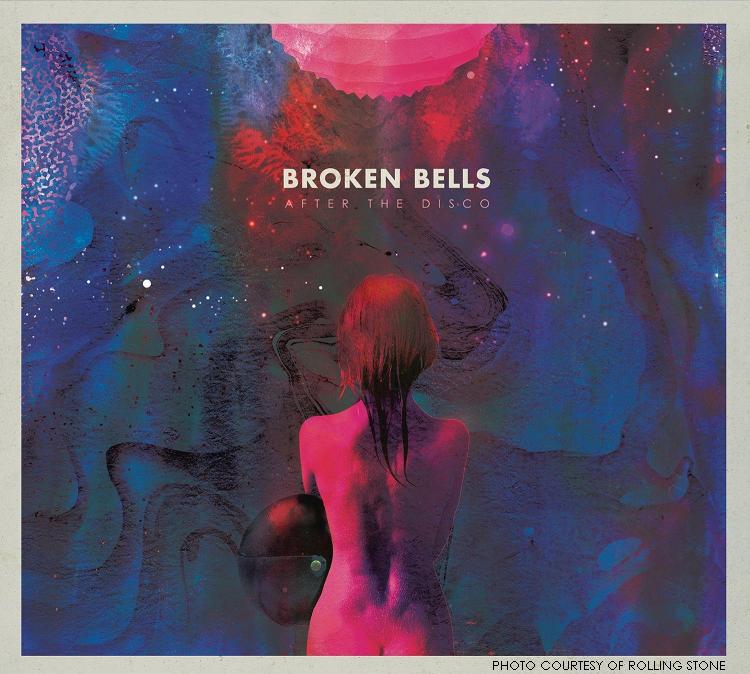 The music identity has always longed to define the Broken Bells as a spinoff of established sounds: lead singer James Mercer’s own The Shins, ‘70s alternative pioneer band Bee Gees, recent electronica breakout Passion Pit.
The music identity has always longed to define the Broken Bells as a spinoff of established sounds: lead singer James Mercer’s own The Shins, ‘70s alternative pioneer band Bee Gees, recent electronica breakout Passion Pit.
With sophomore album After the Disco, the Mercer-led Broken Bells not only embrace those similarities but also carve their own niche within a crowded genre.
Led by lead single “Holding on for Life,” which topped at No. 16 on the Billboard Alternative charts, After the Disco surged to No. 1 on the Billboard Alternative Albums list and No. 5 on the overall Billboard 200 following its Jan. 31 United States release.
The album has often been judged solely by “Holding on for Life” and title track “After the Disco”, and, indeed, both songs are quite similar to that of many of the Broken Bells’ comparison bands. The former mellowly extracts throwback emotions of the original disco era, while the latter features the whistle-like, upbeat falsetto voice of Mercer made famous with The Shins.
Other tracks also contain striking similarities to other bands’ creations. “Lazy Wonderland” seems a slightly more optimistic version of Fossil Collective’s melodious, somber “Let it Go”. “The Angel and the Fool”, otherwise a typical dreamy slow song, builds the same anticipation of a future explosion as the first half of “Yellow Black Submarines” by the Black Keys (who are also produced by Broken Bells producer Brian Burton/Danger Mouse).
Yet After the Disco may be better defined, not by the songs which remind of listeners of other bands, but by the ones which don’t.
Unlike the two most popular tracks, this collection is largely focused on the laid-back tones established by their debut album. What perhaps makes the Broken Bells most unique, however, is their ability to use steady, emphatic electronic beats to transform a meandering, relaxed tune into memorability.
“The Changing Lights” and “Control” both stand out as epitomes of the Broken Bells’ underappreciated individuality. The former demonstrates the band’s special ability to make even a relatively mellow song a foot-tapper; the latter overlays the bands’ typical meandering vocals on 90’s bee-bop and 60’s Motown-esque instrumentals. Both songs also feature meaningful lyrics, which have become a staple of 21st century Alternative. “Even though it felt so right / Nothing’s permanent in life / So it’s useless to hold on so tight,” sings Mercer in “Control”.
After the Disco is not an album that will revolutionize its genre. Rather, it is an intriguing mosaic of widely varying and seemingly contrasting music style, woven into a surprisingly cohesive and satisfying 11-song collection. The Broken Bells are not, nor are attempting to be, the next headline band of alternative music. But within their lack of outlandishness has emerged a distinctive and wholly enjoyable style, one which will sell albums and, slowly but surely, attract attention.
With After the Disco, the Broken Bells perhaps inadvertently carve out a sizeable and impressive niche in their genre.

Leave a Reply